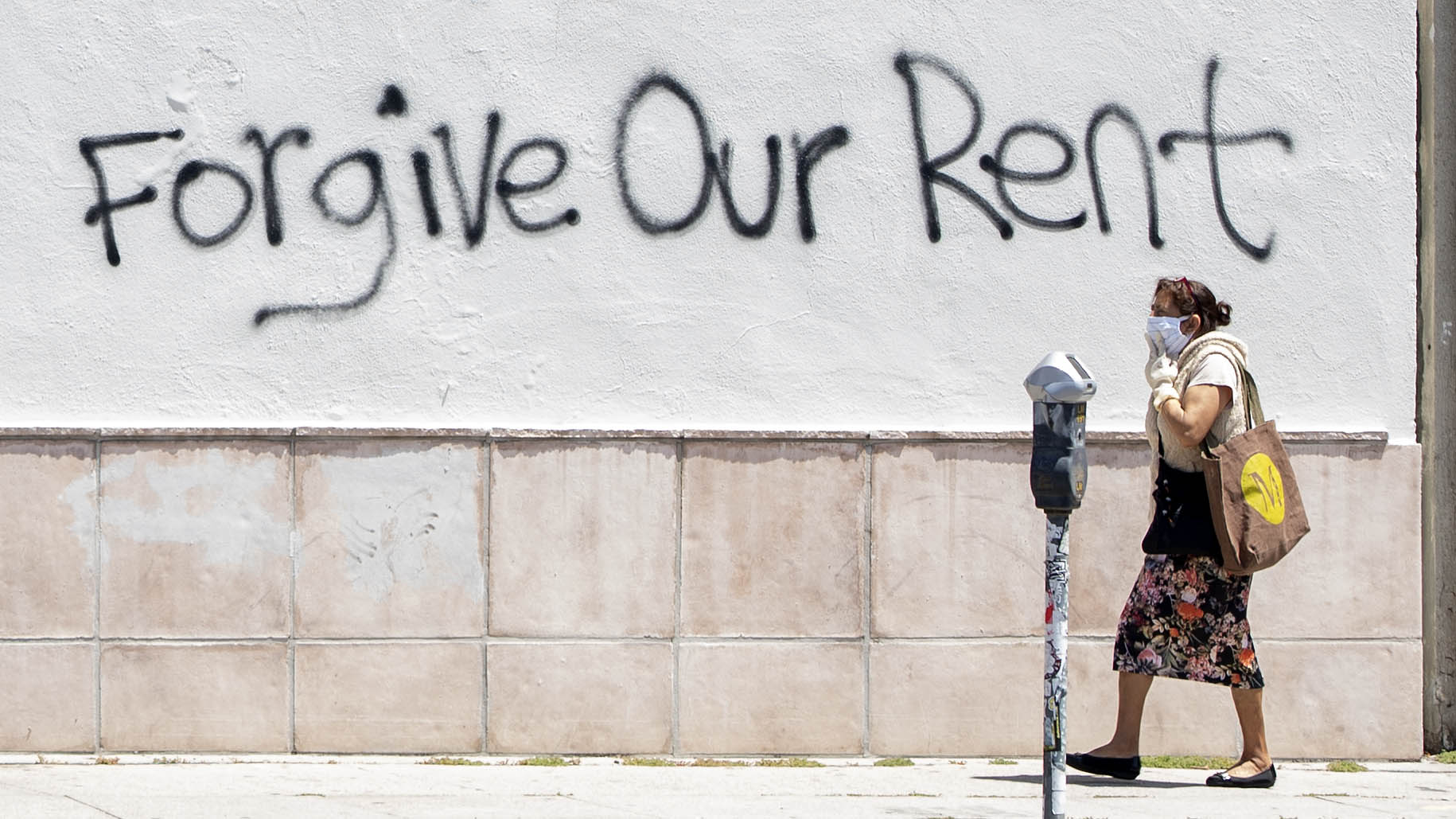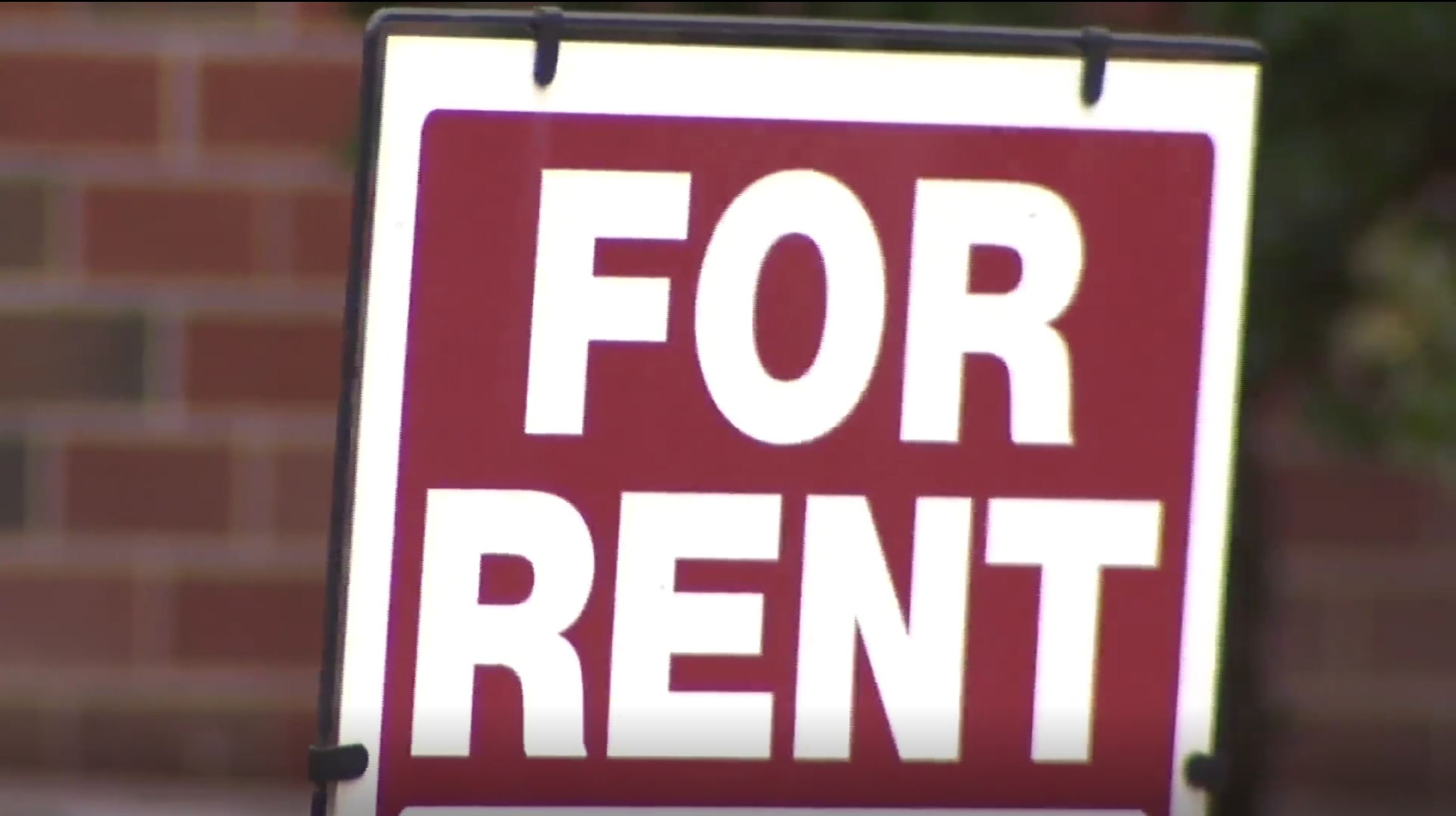Renters and mortgage owners are protected from foreclosures and evictions for a few more weeks after action from the Federal Housing Finance Agency, but only for properties regulated by the federal government. The coronavirus pandemic has put many people out of work and behind on paying rent and mortgages.
Mortgages through Fannie Mae, Freddie Mac, the VA and the FHA have a moratorium from foreclosures until August. If you rent in a building receiving aid from the federal government, either Section 8 or other type of rental assistance, then you also have protection.
On Wednesday the Federal Housing Finance Agency (FHFA) announced Fannie Mae and Freddie Mac will extend single-family moratorium on foreclosures and evictions until August 31. It was previously set to expire June 30.
FHFA Director Mark Calabria wrote in the announcement, “during this national health emergency, no one should worry about losing the home.”
To find out if you are backed by Freddie Mac or Fannie Mae, check here or here.
However, if you are a renter on the private market from a private building, the Florida statewide moratorium on eviction is ending July 1.
That end could flush out a backlog that has been piling up for weeks, according to real estate experts and landlords.
The CARES Act bans a landlord from starting an eviction process until after July 25. Then someone will have 30 days to respond. The CARES Act does not cancel your rent. That is still due, but the landlord cannot charge late fees, interests or penalties.
More than a million jobs were lost in Florida from April 2019 to April 2020, according to the Florida Department of Economic Development. The overwhelming majority of those came as the economic shutdowns to battle the coronavirus pandemic sunk in.
The National Multifamily Housing Council estimates one out of every three Americans missed a rent payment in April.
Eviction paperwork is stacking up.
“They’re just sitting at the court house. So once the moratorium is lifted, you going to see a lot of evictions being processed. Normally it takes a while anyway. But now it’s going to take longer to clear those up and complete the evictions,” said Julio Cardoso from Elite Capitol Reality.
Whenever the moratoriums end, he says, prepare for a deluge of evictions.
“It’s a trickle-down effect. From the tenants to the landlords, even to the lenders. The lenders are sometimes forgiving for those mortgage payments. But they don’t necessarily tell the owner how it impacts on the credit report,” said Cardoso.
But it might not always be in the landlords interest to evict, according to Joe Janulionis, who owns two apartment units he rents out in West Kendall. Especially, he says, for smaller landlords like him who need a tenant in the property to make the numbers work with a mortgage and taxes. Being flexible - like lowering rent or coming to another arrangement - could be cheaper than evicting someone and finding another tenant.
“Some people are taking advantage of the situation because they can’t get kicked out. You know, what I can tell people is try and take a pragmatic stance. Maybe talk to the tenant. Everyone has to take a little haircut,” said Janulionis. “You kind of have to have a crystal ball and say, 'Is this person going to pay me in six months on time?'”
What would help the situation?
“Everybody getting back to work,” said Janulionis.
As part of the Federal CARES Act, private renters now have 30 days to respond to eviction notices, instead of the usual three.
For more information on who is covered and who is not, click here.



